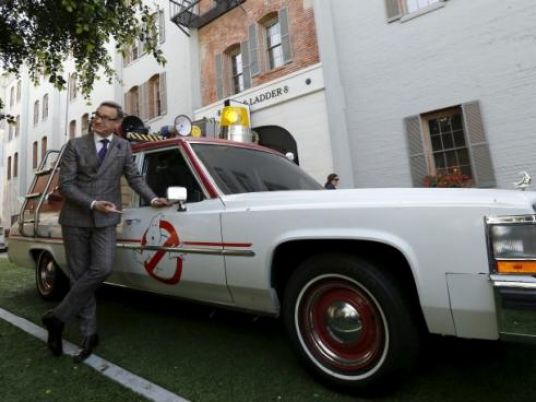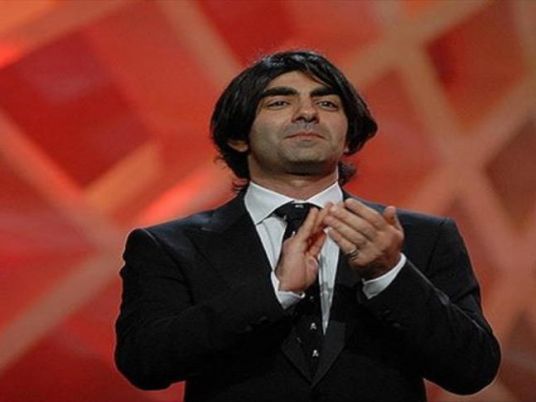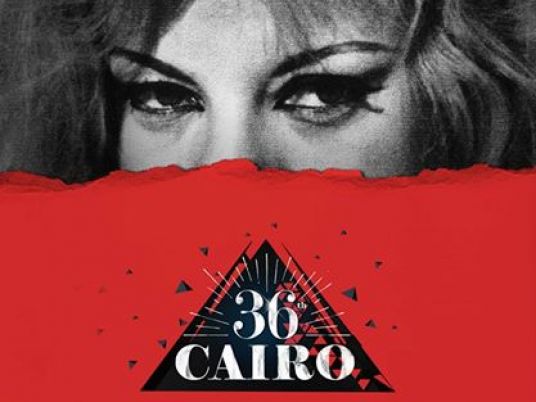The book “Reel Bad Arabs,” published in 2001 by Jack Shaheen, analyzed the way Arab people are portrayed in 900 movies. It’s findings were that only a dozen portrayals were positive and 50 balanced. Since the publication, the situation has gradually improved, with an increasing number of movies redefining Arab and Muslim roles in films, with accomplished characters not narrowly depicted as terrorists or belly dancers.
But, after watching “The Father and the Foreigner,” the Italian movie screened for the International Competition at this year’s Cairo International Film Festival, one can sadly conclude that the international film industry still has a long way to go.
The movie, inspired by a novel by Giancarlo De Cataldo is directed by Ricky Tognazzi, an Italian actor and director, breaking his seven years of inactivity.
Diego (Alessandro Gassman) is a Roman public official, married to a Russian woman (Ksenia Rappoport) and deeply tormented by his inability to fully accept and love his handicapped son, Giacomino.
At the clinic where Giacomino receives his daily therapy, Diego meets Walid (Amr Waked), a rich Syrian businessman and also the father of a severely handicapped boy. They soon become friends in spite of their many differences. The love of Walid for his son, and the mysterious character’s philosophy that “the destination is the destiny,” has a positive impat on Diego, who finds new passion in the relationship with his wife and finally removes the grief of dealing with his son. When Walid disappears, and the secret service starts looking for him, Diego’s life completely changes.
The plot wavers between a sentimental story, which makes the first part of the movie pleasant enough, and the spy film of the second part without fully developing either plots. The main theme is the acceptance of the “diverse” in its different forms; Diego’s acceptance of his handicapped son, like his wife who “loved him from the beginning”; and acceptance of the stranger, of a person belonging to a different culture and traditions, who, in this case, is suspected of being a terrorist because of his roots. However, as Walid says to Diego, “Kids always forgive us.” It is never too late to realize that our diversity is also our richness.
The director’s intentions might be good, but the result is a sequence of stereotypes with a banal conclusion. It’s hard to understand why the writer saw the necessity of mixing terrorism, the secret service and belly dancers along with the touching story of two fathers who deeply love their kids.
It could have been an excellent human story with two well-developed characters and good actors. But being friends and belonging to different cultures probably seemed not credible enough to both the writer and the director without the support of conventional stereotypes.
However, the two main actors did a good job trying to give some consistency to the movie, while the two female actors, Ksenia Rappoport and Nadine Labaki, were unfortunately confined to secondary roles.



